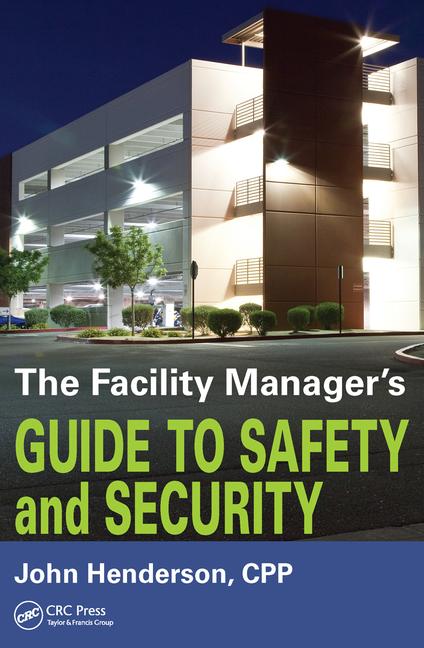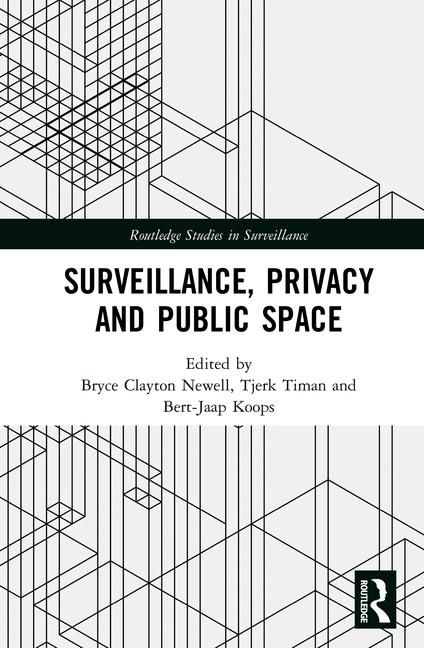The State of U.S. Mall Security Post-9/11

The deadly four-day attack in September by terrorists at a mall in Nairobi, Kenya, struck a nerve among global mall patrons. It left many people wondering about mall safety in the United States. Post 9/11, many positive developments driven by the International Council of Shopping Centers (ICSC), the Department of Homeland Security, Federal Bureau of Investigation, police and physical security leaders have dramatically improved communication, training and readiness throughout the mall and shopping center industry.
ICSC was instrumental in pulling together mall ownership, corporate security and security service company representatives to collaborate on securing shopping centers and malls across the U.S. One of the many achievements of this committee was the development of a terrorism training program after the 9/11 terrorist attacks in the United States. Post 9/11, the information sharing among all public and private parties is continual with electronic intelligence updates, regular conference calls and annual meetings which include Department of Homeland Security representation. While in the past, I might have first learned about an act of mall violence on television, today my first reports often arrive from government and private intelligence sources as these events occur.
Access to technology and state-of-the-art training is critical to ensuring that the security officers who serve the mall properties are ready and able to deal with crisis situations.
Today’s mall security officer is a highly trained security professional. Regardless of prior experience, all security officers participate in rigorous industry-specific training. Security officers are trained on how to handle physical altercations and confrontations and de-escalation methods. Security officers can also complete comprehensive terrorism awareness and other relevant training. Security leaders can also organize and conduct frequent emergency drills; often with law enforcement agencies and other outside emergency services. This collaborative campaign between academia, industry and public safety training has significantly improved over the last decade. Mall security officers are now well prepared to recognize and address the myriad of challenges they face on the job.
Visit a mall or shopping center today, and you may see security officer conducting patrols of common areas and parking lots on Segways. You may find highly skilled and trained security officers piloting the latest technology, with a host of IP-connected digital applications that include handheld multi-faceted communication devices, state of the art closed circuit television, life and fire safety systems, and remote online access control systems. Today’s security officer is searching for and locating potential threats using technologically advanced surveillance systems that feature high tech full-motion and facial recognition. That technology allows security officers to identify potential threats quickly and discretely, and alert security teams and law enforcement of the situation without causing panic and general disruption.
While some audiences loved Mall Cop and Observe and Report, real world contract security companies that serve malls and shopping centers see more fiction than fact in these comic portrayals. These hard-working, highly trained men and women are our country’s first responders and have a wide range of skills – from the sensitivity to deal with lost children to the ability to respond to and effectively address criminal activity, including terrorism. Security officers are often put in high-risk situations as they identify and confront criminals engaged in theft, trespassing, gang activity and every other manner of unlawful behavior that occurs where thousands of consumers congregate on a daily basis.
In the shopping center sector, physical security requirements are continually evolving and include security professionals who can respond to the seemingly incessant bombardment of unexpected challenges. The current state of the economy and the pressures it places in the retail workplace demands that a vigilant security team is in place. Today’s retail security teams engage in on-going, comprehensive training and manage enhanced security protocols to help ensure that the worst case scenarios are prevented and that a pleasant and safe shopping experience can be had by law-abiding consumers.
There is great value for property owners who invest in securing their premises. Customers, employees and visitors are comforted by seeing security personnel, along with integrated video monitoring, and other security enhancements. Keeping shoppers safe and secure during volatile economic and political times requires a partnership between security providers, property owners and managers, and local law enforcement.
On the surface, the average shopper might see mall security simply as officers on patrol. But what’s beyond the surface is what makes those officers effective – and the mall a safer place. A comprehensive approach to shopping mall security that includes training, technology, an emphasis on safety, communication, collaboration and personnel selected for the property’s specific requirements is what’s needed to help ensure a safe and secure environment.
Looking for a reprint of this article?
From high-res PDFs to custom plaques, order your copy today!







